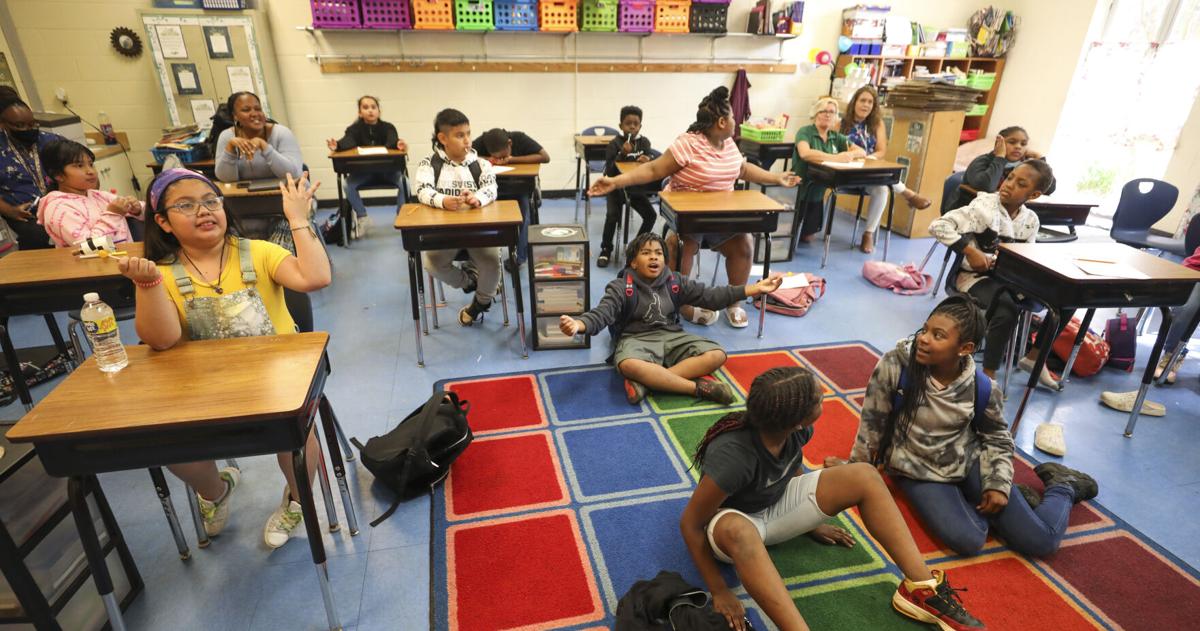Copyright Charleston Post and Courier

COLUMBIA — Most parents in South Carolina who want afterschool programs for their children are unable to get them, according to a new report by the Afterschool Alliance, a nonprofit that advocates for access to the offerings. Findings from the group’s latest America After 3PM report, its first since the pandemic, show that 78,796 kids across the state are enrolled in afterschool programs — but that another 351,724 would be if those programs were available to them. “The demand for afterschool programs is incredibly high, but just a fraction of the South Carolina families who want afterschool programs have them,” Zelda Waymer, president and CEO of the S.C. Afterschool Alliance, said. The most common reasons parents don’t enroll their students are cost and a lack of safe transportation, the report found. More parents in the state reported that programs aren’t available in their communities compared to results from the group’s 2020 and 2014 surveys. Need in the Charleston area is high enough that Kids on Point, an afterschool provider there, had 100 names on its waitlist during the school year, even after doubling its capacity, according to its executive director Lauren Herterich. It already serves 500 students each year at two centers in Charleston and North Charleston, offering free academic support, athletic opportunities and visits from outside organizations bringing activities such as cooking and science classes. Better transportation is the best way to improve access to afterschool programs, Herterich said. The challenge isn’t necessarily getting kids to the programs after the school day ends, since a lot of programs can be based on school grounds, and some providers can arrange transportation to off-campus centers like Kids on Point does. But parents still have pick up their kids when the day is over. Herterich’s organization is mainly funded through private philanthropy, but other programs, particularly in rural and poorer areas, often can’t count on private fundraising. Many depend on funding from the federal government, much of which the Trump administration delayed this summer for a “programmatic review” of its compliance with the White House’s politics. Increasing such public funding at the state and federal level would help more students get access to afterschool programs, Waymer said. “We probably need to make sure that legislators and decision-makers are aware of the needs and the benefits of afterschool across the state,” she said. Parents agree on those benefits. Of the South Carolina families with kids in afterschool programs, 89 percent say such access is “excellent” or “very good,” and 96 percent think it positively impacts their child’s well-being. Access also decreases parents’ stress and helps them keep jobs and work more hours. But access is far from equal. Nationally, 84 percent of children in low-income families go without the programs their parents want compared to 59 percent in high-income ones, the Afterschool Alliance said. “Every child deserves access to a quality afterschool program but, sadly, this study shows we’re far from reaching that goal,” Jodi Grant, director of the national Afterschool Alliance, said in a statement. “We need greater support from federal, state, and local governments, businesses, and philanthropy to change that.”



